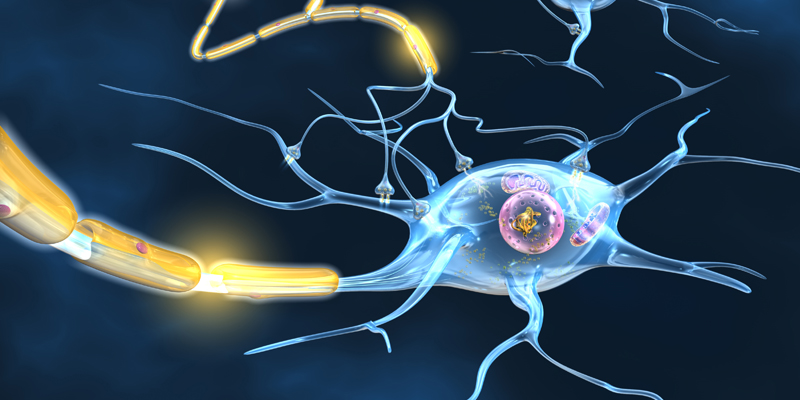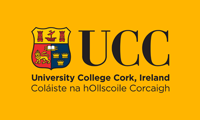Antimicrobial Resistance
The increased use of antibiotics for human and animal health and well-being has given rise to diminished efficacy and an escalation in antimicrobial resistance. Our work at APC is addressing this growing global issue in areas such as more prudent use and applications of when and how antibiotics are administered and in looking at AMR interaction and phage lysins. APC is also working on the development of novel and natural antimicrobials or greener alternatives to antibiotics that can benefit humans, animals, vegetation and our soil through the use of live biotherapeutics, bacteriocins, and bacteriophage - supporting the transition to a more sustainable, healthier food chain with reduced antibiotic useage.
Chronic and Infectious Disease
The burden of chronic and infectious disease is a major societal cost that our microbiome research work can help ameliorate and includes studying our metabolic and immune systems as key factors in moderating the risk of globally impactful diseases. Lessons being learned from the effects of Western diet and an increasingly sedentary lifestyle on host metabolism and inflammation are being adopted by many emerging economies, and non-genetic disease risk is heavily influenced by environmental exposures and differs significantly across international boundaries and regions.
A core focus is working to better understand how alterations in the microbiome are linked to health to disease and identifying what proportion of this is medically important and what can be clinically actionable through therapeutic interventions. All of which is now becoming a reality in the healthcare sector and the inclusion of personalized microbiome information coupled with the data-processing power of AI is making inroads in Ulcerative and Colonic cancer screening and prognosis; improving management of post-prandial glucose in metabolic disease and can predict the likelihood of responsiveness to potentially life-saving cancer immunotherapy. Rapid progress is anticipated for microbiome-targeting diagnostics such as colon cancer, life-saving cancer immunotherapy.
Our microbiome focused research work in this field embraces a broad spectrum of disease, health, therapeutic and social aspects including infections, NCDs (non-communicable diseases such as cardiovascular, inflammation, cancer, metabolic syndrome), mental health, ageing; to diet, food safety, antibiotic usage through to the exposome, lifestyle and geographical influences.
Sustainable Food Development
The development of minimally processed sustainable foods that promote overall health by modulating the gut microbiome is central to our work, and is embedded in the Horizon Europe project Master.
APC researchers are studying the biogeochemical cycles that are impacted by climate change and exploring the broad and complex interconnectivity between soil microorganisms, crop production, nutritional value, the human gut microbiome and how this impacts our health and the environment.
Specific areas of research include:
- Exploring food and nutrition – how we can modulate microbiome composition for health (by reducing disease risk), and improve food safety and security
- Improving land and water quality through reducing antibiotic run-off and waste streams, remediation of land/water that has been damaged, and development of alternative, natural microbials for fertilisers and pesticides aiding plant and soil microbiomes
- New animal feed microbiome-based solutions toward increasing feed conversion efficiency, developing better health promoting feeds, use of probiotics and prebiotics and reducing methane emissions from ruminants
Healthy ageing
Gains in life expectancy in developed countries have not translated into increased overall health span and there is an urgent need to support resilient mental health within a healthy ageing systems framework.
APC’s work is focused on investigating the role of the microbiome in supporting healthy ageing and understanding the gut-brain mechanisms underpinning mental health and the role of diet-microbiome interactions in the process across the lifespan. A particular focus is the gut-brain-microbiota axis and its relationship with mental health and aging-related neurological conditions with a view to developing interventions and therapeutics for enhancing wellbeing and longevity with a greater quality of life.
Our research addresses the dynamic interconnections between the gut microbiota and its metabolites, the host, and diet to unravel mechanisms by which the gut microbiota through direct or indirect actions on the brain regulate stress responses, mood and anxiety, satiety and food reward, neurodevelopment, social and cognition-related behaviours.
APC is also exploring how the gut microbiota may play a role in the cognitive and mood decline associated with brain ageing and in age-related disorders such as Alzheimer’s disease and Parkinson’s disease.













